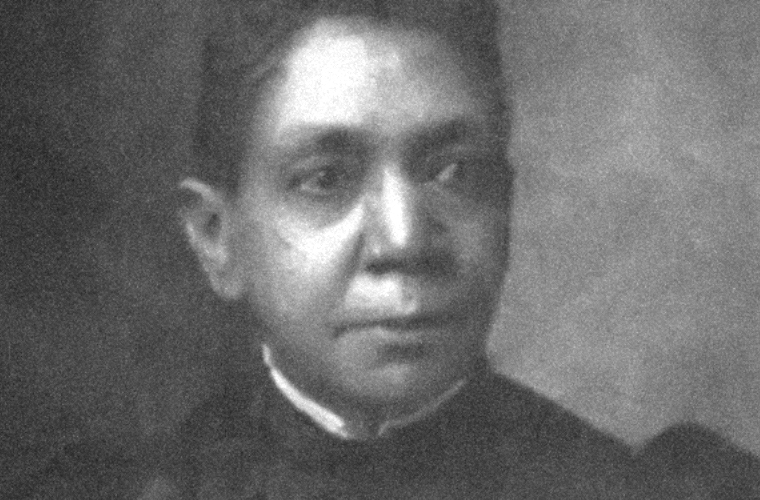Fanny Jackson Coppin was a pioneering African American educator, missionary, and activist during the 19th century. She was born into slavery on October 15, 1837, in Washington, D.C. Despite facing significant challenges and discrimination, she became a trailblazer in the field of education and worked tirelessly to improve educational opportunities for African Americans.
At a young age, Coppin’s owners allowed her to attend a Sabbath school, where she learned to read and write. After gaining her freedom through the Emancipation Act of 1862, she pursued an education at Oberlin College in Ohio, becoming the first African American woman to graduate from the college in 1865.
After completing her studies, Fanny Jackson Coppin dedicated herself to educating newly freed African Americans in the South. She became a teacher at the Philadelphia Institute for Colored Youth (later known as Cheyney University) and eventually became its principal, succeeding her mentor, Octavius Catto. As the principal, she implemented significant improvements in the school’s curriculum and facilities.
Coppin’s dedication to education extended beyond the United States. In 1869, she went to South Carolina as a missionary teacher, contributing to the education of African Americans there. In 1877, she traveled to South Africa to establish a school for freed slaves, laying the foundation for the education of many African children. In 1871 Jackson introduced a normal-school department, and within a few years, enrollment in teacher training had far exceeded the enrollment in the classics course.
To the ordinary work of teacher training, Jackson added a practice-teaching system in 1878. In 1881 she married the Reverend Levi J. Coppin, who in 1900 became a bishop of the African Methodist Episcopal Church. In 1889, after a 10-year campaign, Fanny Coppin realized her hope to introduce an industrial-training department that offered instruction in 10 trades. To her, vocational training was as important a tool as academic education in the struggle to end racial discrimination.
As an activist, Fanny Jackson Coppin advocated for civil rights and equal opportunities for African Americans. She was actively involved in women’s suffrage and worked with Susan B. Anthony and Elizabeth Cady Stanton in their efforts for women’s right to vote.
Throughout her life, Coppin used her influence and platform to challenge racial and gender barriers, working tirelessly to improve the lives of African Americans through education and social reform. Her remarkable contributions to the field of education, particularly in the area of African American education, continue to be remembered and celebrated today. Fanny Jackson Coppin passed away on January 21, 1913, leaving behind a legacy of educational excellence and social progress.

